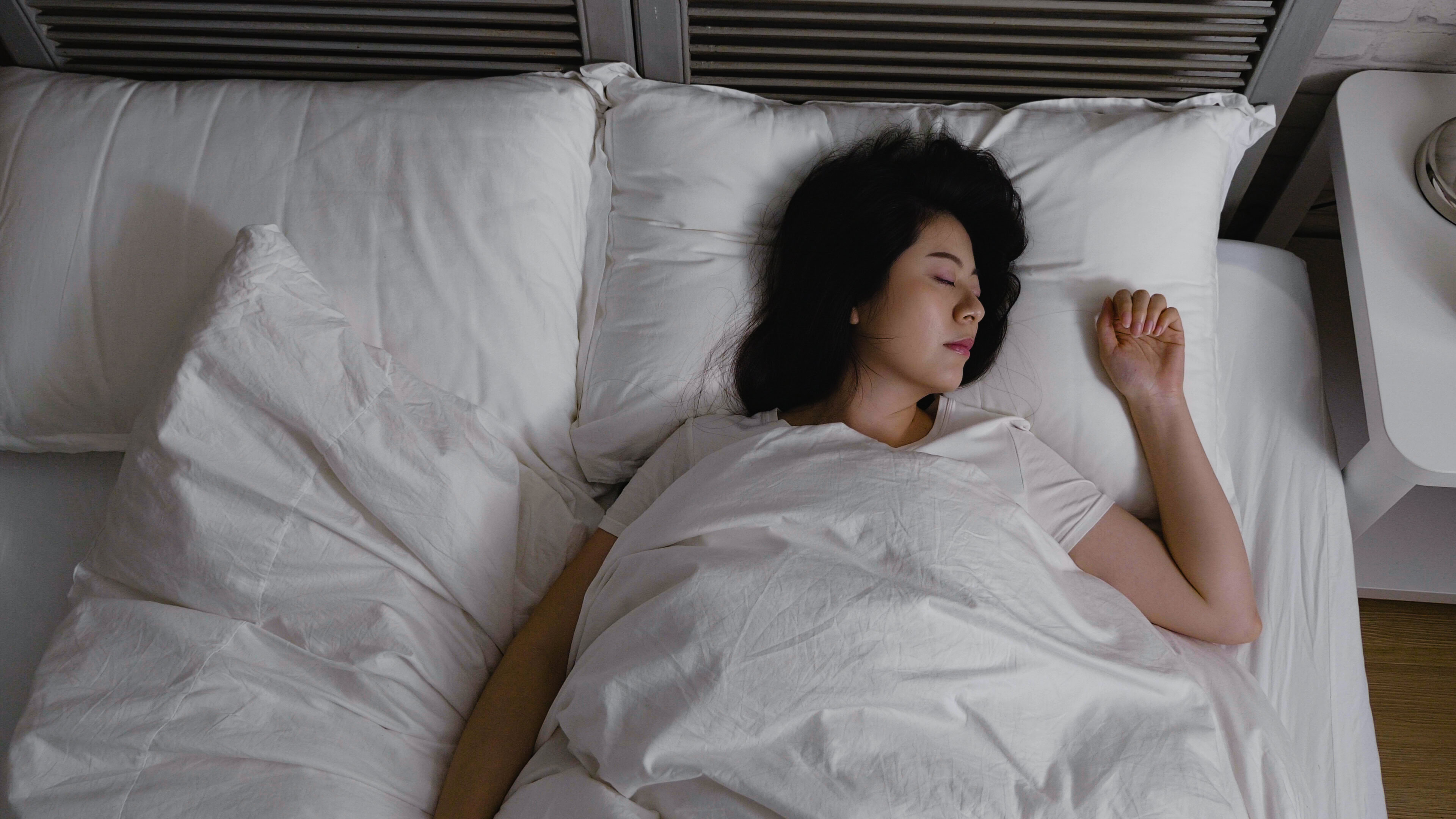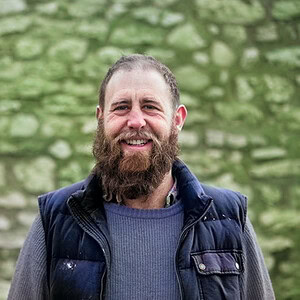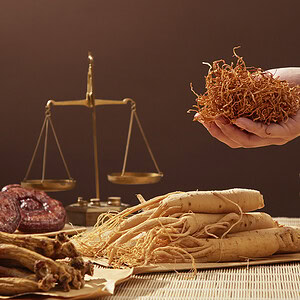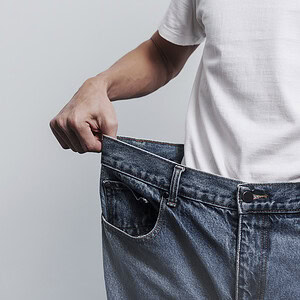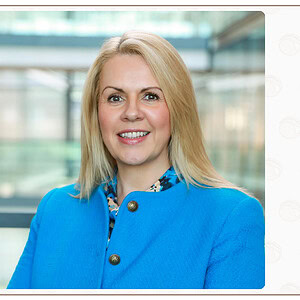Feature
At some point in most people’s lives, sleep becomes a luxury. Whether this is due to family demands, shift patterns at work or stress, many of us complain about being tired.
And while it is tempting to ignore the detrimental effects, research suggests that a lack of Zzzs is something to be taken seriously.
According to the US Department of Health and Human Services, we should devote one-third of our time to sleeping. However, with at least 30% of the population suffering from sleep disturbance, a significant number of people clearly aren’t getting their quota.
What happens when we don’t get enough sleep?
For adults, sleeping for less than seven hours a day has been associated with an increased risk of developing chronic conditions such as obesity, diabetes, high blood pressure, heart disease, stroke and mental distress.
Dave Gibson, co-author of The Art of Falling Asleep, is a naturopath, osteopath and a hypnotherapist who specialises in sleep and weight-loss. He describes a range of effects associated with reduced sleep.
“The main short-term issue with lack of sleep that I come across is its mental impact. This includes tiredness at work, reduced work output, memory and concentration decreases.
“Another short-term problem with decreased sleep is reduced immune function. This leads to susceptibility to illness, especially in the winter.”
According to Gibson it is hard to ascertain when sleeplessness becomes a long-term concern, but a sudden change of diet is a key indicator — such as consistently sleeping for under six hours and then getting cravings for fatty and carbohydrate-rich foods.
Other signs to watch out for, he says, are frequent problems with short-term memory recall or drifting off to sleep during the day, whether it’s at the desk or struggling to stay awake while travelling.
Studies also suggest that sleep plays a key role in balancing the hormones responsible for feelings of hunger (ghrelin) and fullness (leptin). Consequently, a reduction in sleep causes levels of ghrelin to rise while leptin reduces, resulting in more frequent sensations of hunger than when well rested.
How much sleep do we need?
According to Dave Gibson, that perfect number is eight for most adults, with teenagers and children requiring more, and older people appearing to need less.
“It’s not that the older we get the less sleep we need, it’s more a fact that we find it harder to get all our sleep in one block once we get into retirement,” he says.
“We actually sleep in cycles of around 90 minutes, so typically close to seven and a half hours is the best guide if someone wants to get specific.”
With all averages, however, there are always outliers; and research confirms that some individuals are able to function without sleepiness or drowsiness after as little as six hours of sleep, where others can’t perform at peak unless they’ve slept for 10 hours.
To find out how much sleep you need, Gibson suggests waking up without an alarm. “First work out when you want to wake up, and count back seven and a half hours. If your alarm then wakes you up, go to bed slightly earlier each night until you can wake up without an alarm… then your body is telling you that you have had enough sleep.”
How can you restore broken sleep?
While it is possible to reverse the mental effects of sleep deficit through extra sleep over the weekend, Gibson warns that the long-term risks associated with a lack of sleep are not compensated for.
“The strategy is thus only effective for brain function and mood restoration, but not for the longer-term health risks, which are now associated with sleeping less hours than your body needs,” he says.
So how can we protect our sleep during periods of disruption? With the example of a shift worker, Gibson recommends several lifestyle changes beginning with a power nap the day either before or after the altered sleep.
“Typically a 20-minute nap or a 90-minute nap of a full sleep cycle is best. If you wake up from a 60-minute nap you are coming out of deep sleep which tends to make you feel groggy.
“Also trying to eat more tryptophan or serotonin producing foods — these include meat and dairy, nuts and seeds — which can help restore your sleep patterns quickly as they help produce serotonin which, in turn, is used to make melatonin, the sleep hormone.”
He recommends direct sources of melatonin, too, such as walnuts and tart cherries, while advising against caffeine and alcohol.
“I would cut out all caffeine as this can reduce our ability to get to sleep quickly; and also alcohol, which affects our quality of sleep, until a normal sleep routine is restored.”
How technology disrupts sleep
A study in Norway considered the relationship between the use of such electronic devices among adolescents and their sleep patterns. It found an association between sleep duration and device exposure, with a negative relation between the use of technology and sleep.
“In the evening, modern teenagers now face a host of challenges,” says Gibson. “Balancing ever-increasing amounts of homework, real life and online social demands, which is all on top of their natural changing body clock. These challenges encourage teenagers to go to bed later.
“The natural shift in a teen’s circadian rhythms, ‘sleep phase delay’, delays their need to sleep for about two hours. Before puberty, the body becomes naturally sleepy around 8:00pm or 9:00pm. As puberty begins this rhythm shifts a couple of hours later, and we tend to want to go to sleep around 10:00pm or 11:00pm. This change is often a hard adjustment for a teenager; consequently, the image of a parent struggling to wake their teenager in time for school has become a familiar representation of modern day family life.”
Gibson’s lifestyle advice to teenage clients seems straight-forward. Commit to regular exercise and a healthy diet. Set an electronic curfew at least one hour before bedtime, remove phones from the bedroom and establish a regular bedtime routine.
Given the latest sleep stats, however, it’s advice that we all could benefit from heeding.
If you enjoyed this article, you might also like reading about how to get a good night’s sleep


